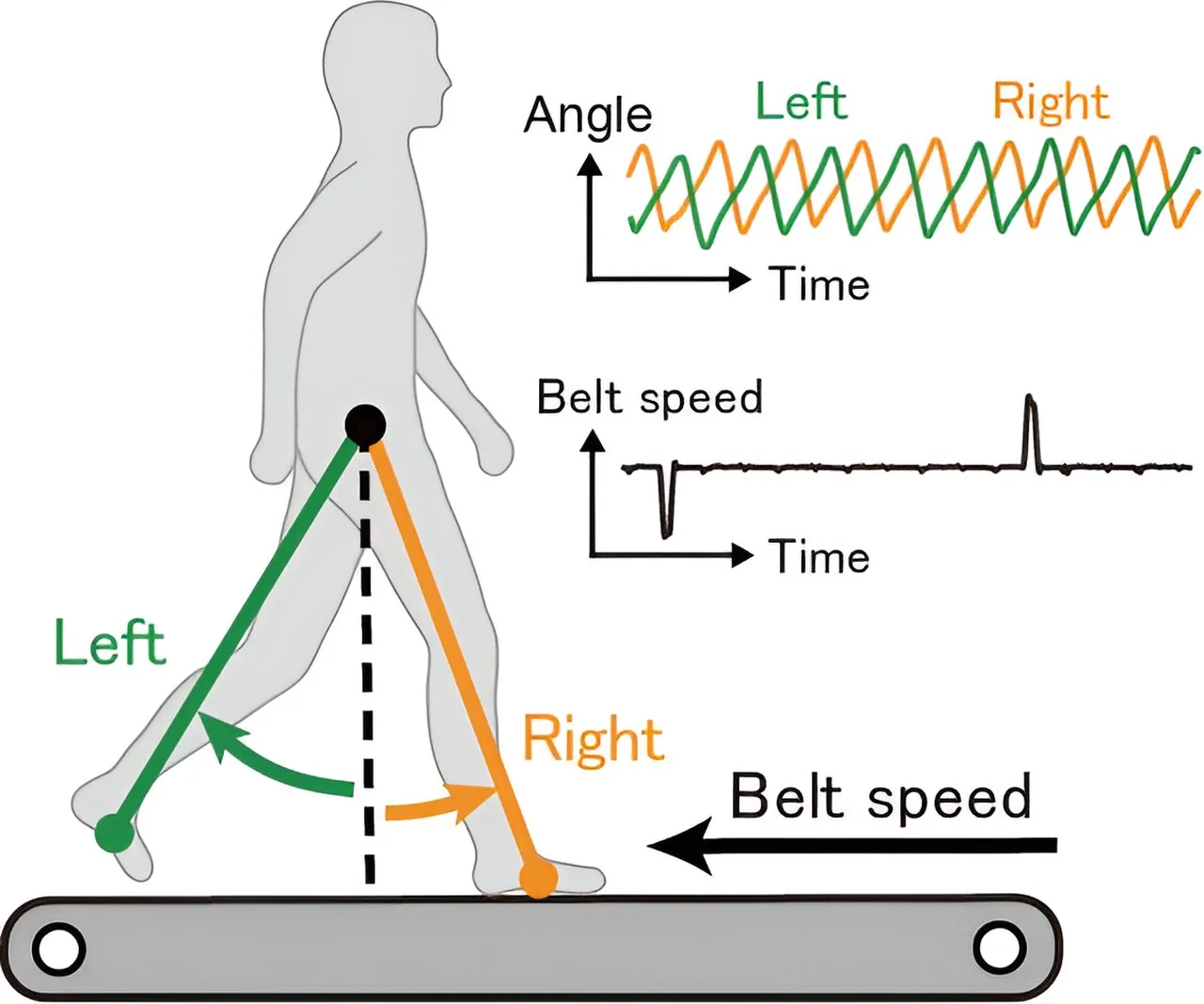Medicine Research: How the Brain Intervenes in Walking Coordination

Significance of Brain Intervention in Walking
Walking is often underappreciated, with many believing they can effortlessly multitask, such as walking and chewing gum. However, this study reveals that the brain actually intervenes only when walking discoordination surpasses a certain level, challenging common perceptions of our motor capabilities.
Mechanisms of Walking Coordination
This research underscores the role of the brain in monitoring and controlling movement, emphasizing that there is a calculated response to coordination challenges. This not only informs us about the mechanics of walking but also hints at potential interventions for individuals facing mobility challenges.
Implications for Health Research
- Critical insights into motor control
- Potential applications in rehabilitation
- Enhancing understanding of neural processing
Overall, this study contributes significantly to the field of health research by providing new insights into the complexities of human movement.
This article was prepared using information from open sources in accordance with the principles of Ethical Policy. The editorial team is not responsible for absolute accuracy, as it relies on data from the sources referenced.